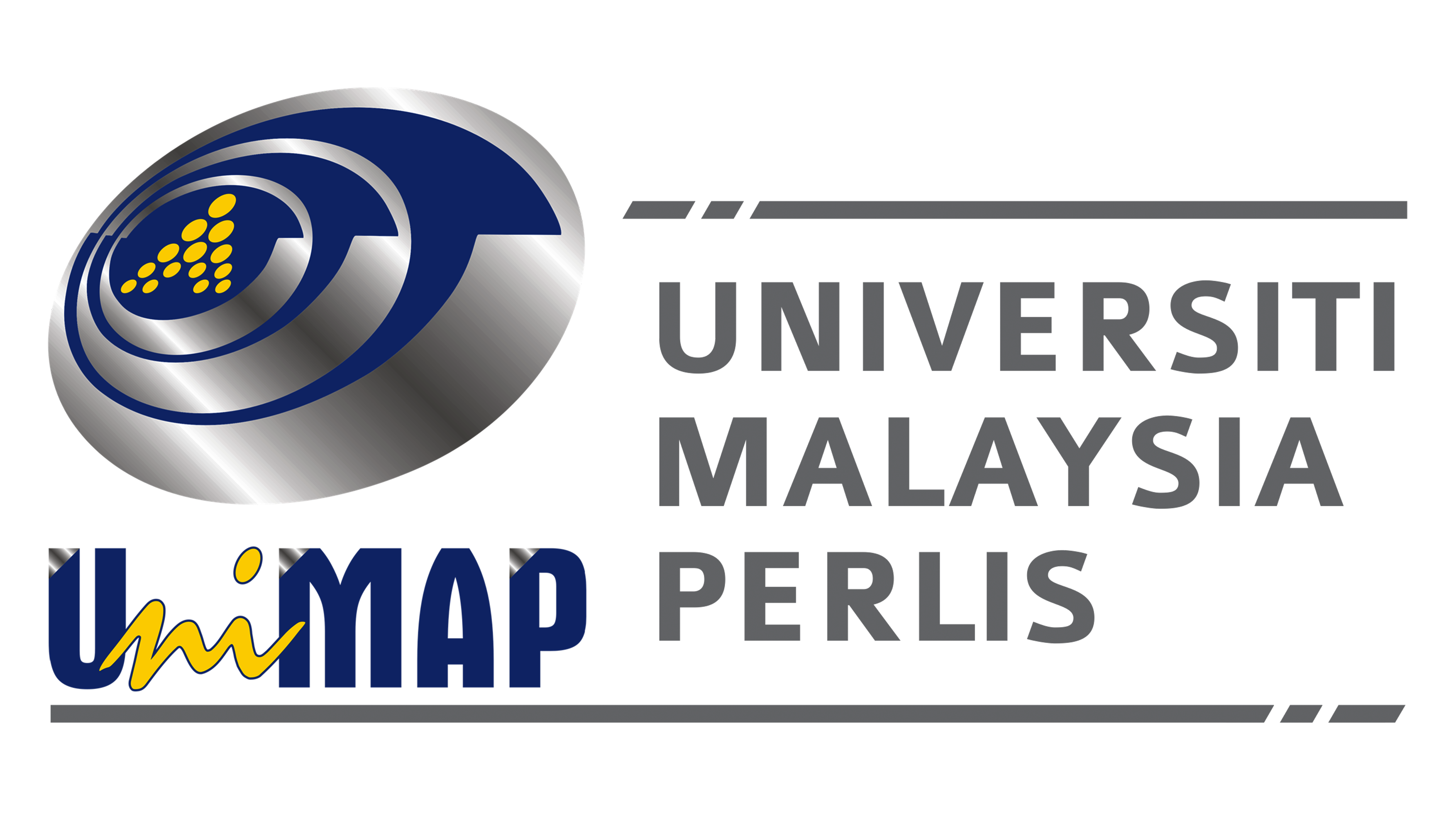Morbi ultrices nisi vitae nisi placerat ultricies at ac felis. In at velit sodales, molestie odio sed, ornare turpis.
That was before the two goats arrived at the Farminary at Princeton Seminary, where I was studying theology and working as a farmhand. Maybe, I told him, we could even make cheese. When it was my turn to milk the goats, I wrestled Daisy onto the milking stand, put a bucket under her, and reached for a teat. She responded with a sideways kick.
I tried again; she tried again. Within minutes, I was sopping and sweaty. Most days, I got no more than a couple of tablespoons, which included whatever was in the bucket when Daisy inevitably kicked it over. That morning, I got enough, maybe, to fill a shot glass, and it turned out to be the high-milk mark of my time with the goats.
Daisy and her kid, August, were essentially visiting teaching assistants, borrowed for six weeks for a class on the society of ancient Israel. The idea was that the students might get a sense of life in a bygone pastoral culture by tending to them. I wasn’t enrolled in that class, though I was at the farm almost every day doing other chores. During those weeks, August became one of my greatest teachers. She helped me heal long-standing shame about my body and then showed me, in her goatliness, exactly how to love it again.
The farm often reminded me of my physical shortcomings. I blacked out while weeding. I was useless at splitting wood. I struggled to close a particularly unwieldy barn door. Every failure resurrected the hot humiliation I learned to have about my body as a kid. I hated its shortness and its weakness and its lack of coordination. I hated my slanty eyes and my coarse hair — reminders of my difference — and my tricky elbow, damaged forever by a Chinese-American childhood spent playing the violin. Most of all, I hated the invisible scars I carried from when I was raped. I was 15 years old, but it feels like the attack has replayed interminably ever since; what happened in a matter of minutes metastasizing throughout my life, my body, my spirit, my soul.
To assault a person sexually is to take something good, a source of pleasure, and turn it to evil, a source of pain. The evangelical Christian religious tradition in which I was reared has plenty to say about God’s love and its healing power. The core claim of Christianity — that God is love and we are loved — sounds simple enough, but I’ve found that there isn’t much distance between hope and hypothesis.
Sometimes I say that God rights all wrongs because I want it to be true. Often I argue that we are given community because we can’t always endure on our own. It doesn’t mean that I always believe these things.
With each bleat and every playful kick of her hooves, August chiseled away at the hard shell I developed in moments of doubt. Underneath it — it was almost as if she knew — was a heart that longed to be understood, a spirit that wanted to be brave enough to be vulnerable.
Whereas Daisy regarded me daily with what I read as a mix of pity and contempt, August always welcomed me into their pen and always seemed delighted to have me around. Every time I squatted next to the milking stand, she tried to squeeze onto the little bit of lap that appeared. When I pushed her off, she might circle the stand, and then she’d try again, nuzzling me to reconsider.

